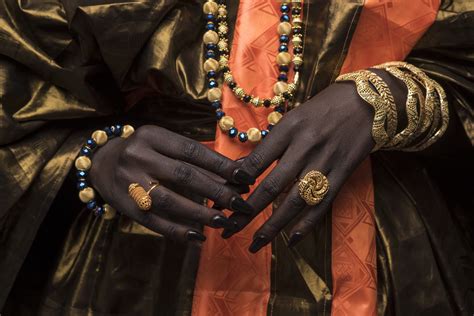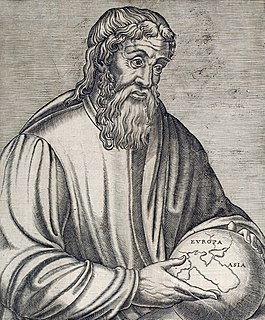A Quote by John Henrik Clarke
There was a time when all dark-skinned people were called Ethiopians, for the Greeks referred to Africa as, 'The Land Of The Burnt-Face People.'
Related Quotes
The people and the cultures of what is known as Africa are older than the word 'Africa.' According to most records, old and new, Africans are the oldest people on the face of the earth. The people now called Africans not only influenced the Greeks and the Romans, they influenced the early world before there was a place called Europe.
For black people who are really dark - and a lot of black people were averse to be dark skinned - it was believed that you'd be so dark that you couldn't see them at night unless they were smiling or you could see the whites of their eyes. At one time, it was a sharp comic barb that got levelled at some people.
I'm extremely positive about investment in Africa. Africa has a wonderful climate, wonderful people, and amazing possibilities. Africa has been called dark and hopeless, but today it is neither of these. Africa is awakening. It's a huge market of almost a billion people with huge resources and a young population. It's the best place to invest.
The suicidally disgruntled were legion, And their enemies included any and all Americans, Brits, Canadians, Danes, et cetera; or, conversely, all Moslems, dark-skinned people, non-English-speakers, immigrants; all Catholics, fundamentalists, atheists; all liberals, all conservatives...For such people the consummate act of moral clarity was a lynching or a suicide bombing, a fatwa or a pogrom. And they were ascendant now, rising like dark stars over a terminal landscape.
People knew there were two ways of coming at truth. One was science, or what the Greeks called Logos, reason, logic. And that was essential that the discourse of science or logic related directed to the external world. The other was mythos, what the Greeks called myth, which didn't mean a fantasy story, but it was a narrative associated with ritual and ethical practice but it helped us to address problems for which there were no easy answers, like mortality, cruelty, the sorrow that overtakes us all that's part of the human condition. And these two were not in opposition, we needed both.
Light-skinned black people are seen to be closer to white people. The allegiance to lighter-skinned people has operated in a very destructive way that we have internalized ourselves inside black communities. You look at many of the prominent black people in this society who have been able to do well. Many have been lighter-skinned.
Three classes inhabited the city (Alexandria in Egypt): first the Aegyptian or native stock of people, who were quick-tempered and not inclined to civil life; and secondly the mercenary class, who were severe and numerous and intractable...; and, third, the tribe of the Alexandrians, who also were not distinctly inclined to civil life, and for the same reasons, but still they were better than those others, for even though they were a mixed people, still they were Greeks by origin and mindful of the customs common to the Greeks.


































